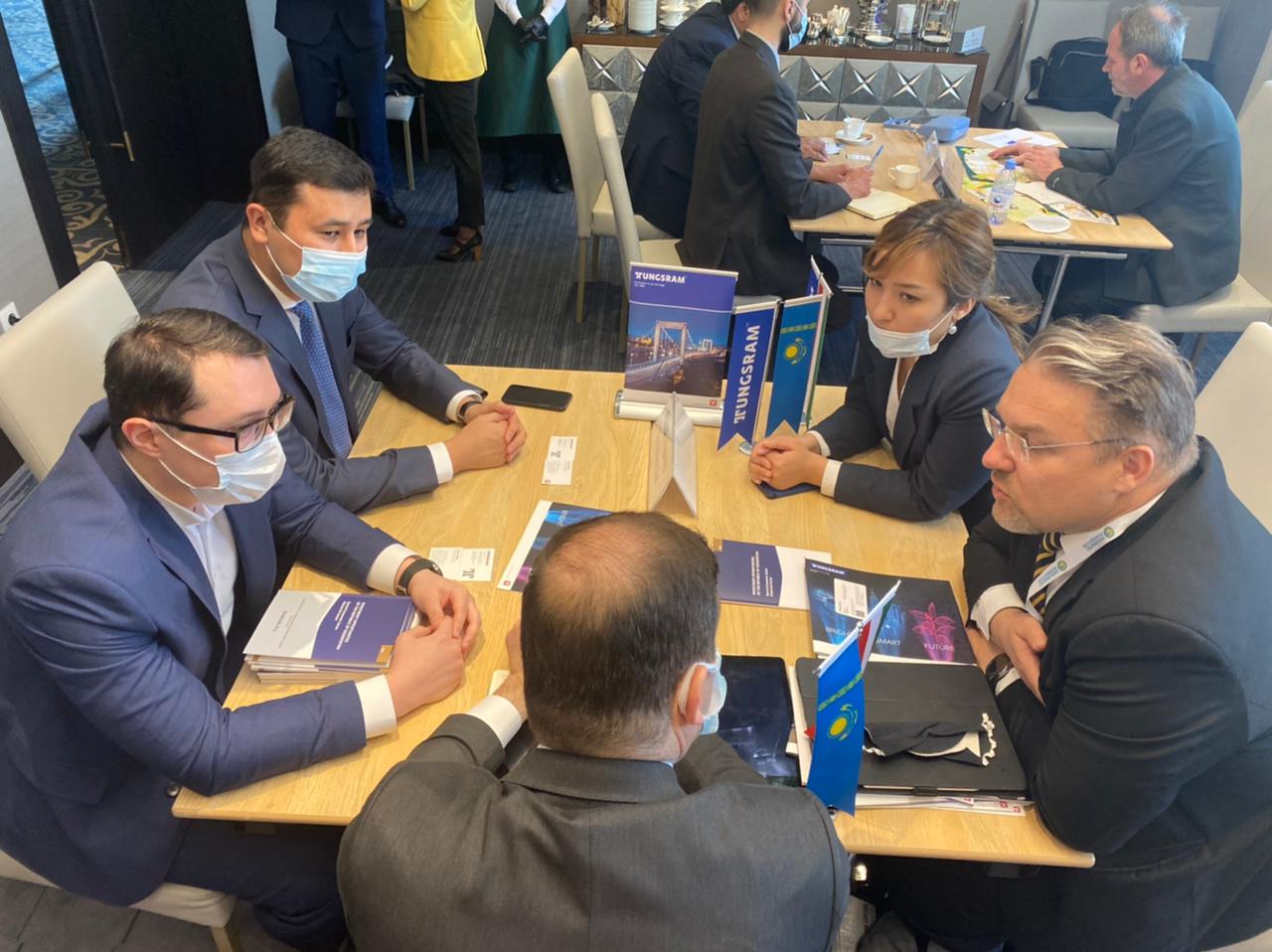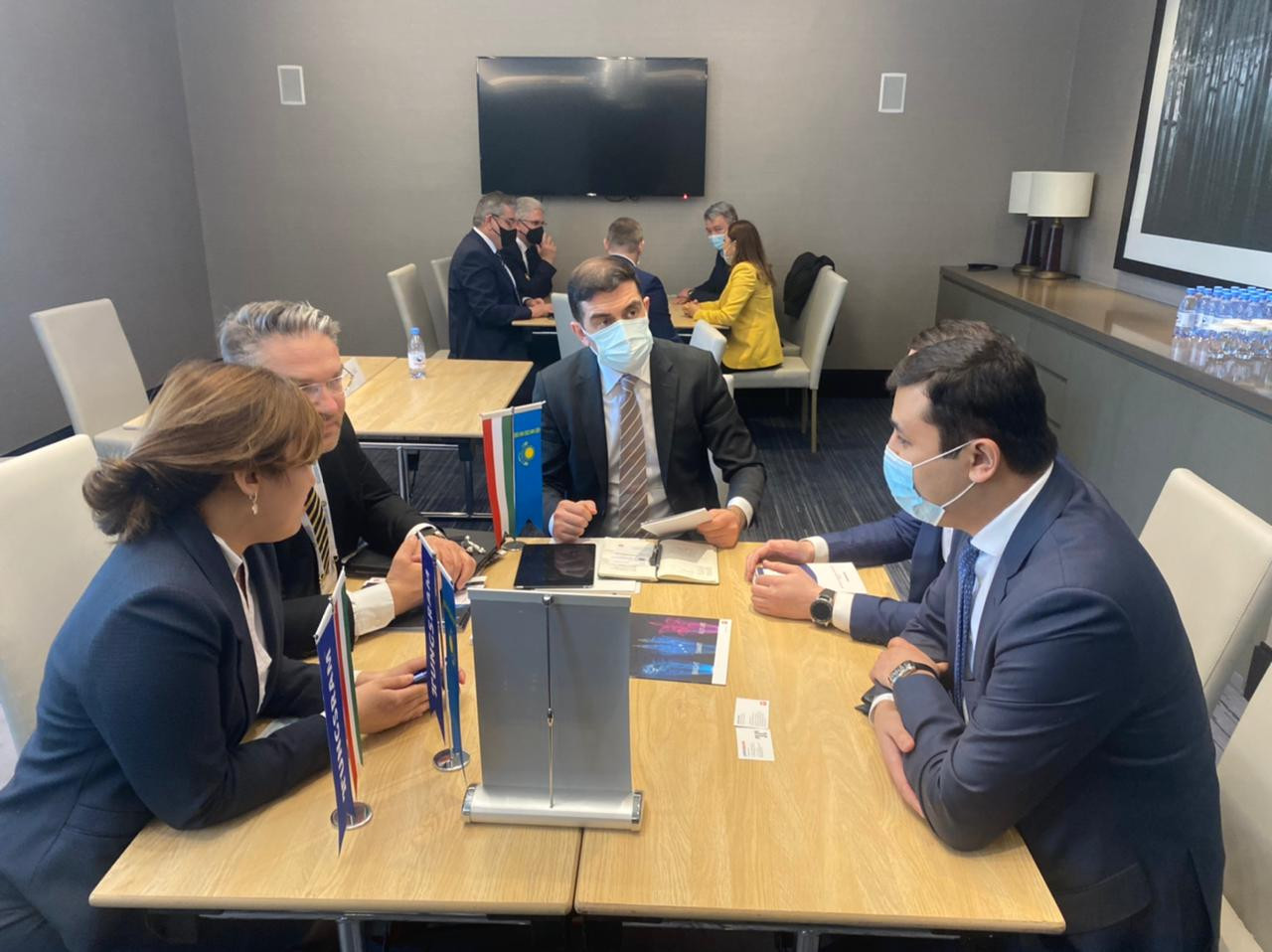Today, Nurlan Kudiyarov, Head of the Industrial Infrastructure Development Directorate of Kazakhstan Center for Industry and Export "QazIndustry "JSC, took part in a business meeting in Nur-Sultan with representatives of the Hungarian electrical engineering company Tungsram Group. The event was held within the framework of the official visit of the Minister of Foreign Economic Relations and Foreign Affairs of Hungary to Kazakhstan.
During the negotiations, Nurlan Kudiyarov spoke about investment opportunities, measures of state support, preferences and conditions for conducting activities in Kazakhstan's FEZs and IZ.
In turn, the Hungarian side expressed business interest and intention to implement the project on the territory of the Special Economic Zone "Pavlodar". In particular, the company was interested in the opportunities provided for access to aluminum, which is used as a raw material for the manufacture of street lighting enclosures.
At the initial stage, the Hungarian company plans to build an assembly plant for the production of LED street lighting in KS. In the future, it is planned to create a production hub for the modernization of the national network of smart street lighting, which will be the basis for the introduction of a 5G repeater system.
In addition, the company plans to implement an agrotechnological project in Kazakhstan to introduce a turnkey greenhouse lighting system, which can make a significant contribution to the country's food security.
The implementation of this project will significantly reduce electricity consumption through the introduction of modern and sustainable solutions in the field of public lighting that support the concept of a "smart city". The parties expressed their intention to continue cooperation and assistance in the implementation of the investment project on the territory of Kazakhstan.
For reference:
Tungsram Group is an electrical company in the field of incandescent lamps, radio tubes and semiconductor devices, with annual revenue of $250 million and 3,500 employees. In the interwar period, Tungsram controlled more than 5% of the global incandescent lamp market and 12% of the radio lamp market in continental Europe, in the 1970s and 1980s-6-8% of the Western European incandescent lamp market.
Today, Tungsram exports more than 95% of its products abroad and has a fully vertically integrated supply chain network with advanced capabilities in glass, ceramics, metal and plastic, combined with state-of-the-art quality systems, automation and intelligent factories. The supply chain is centered around 5 factories in Hungary with a network of 500 local suppliers and partners.






